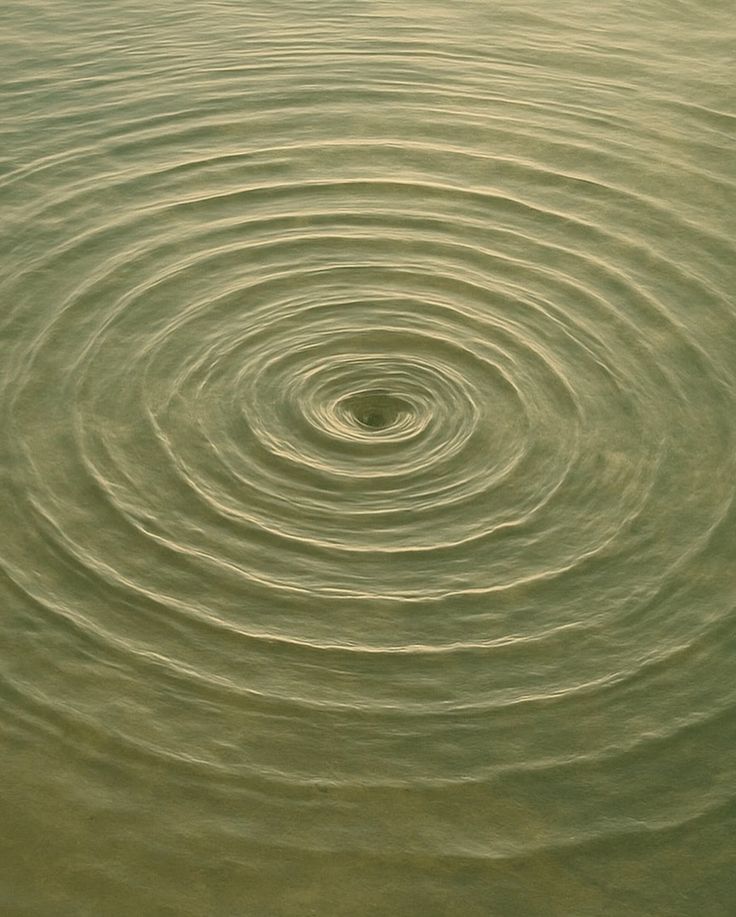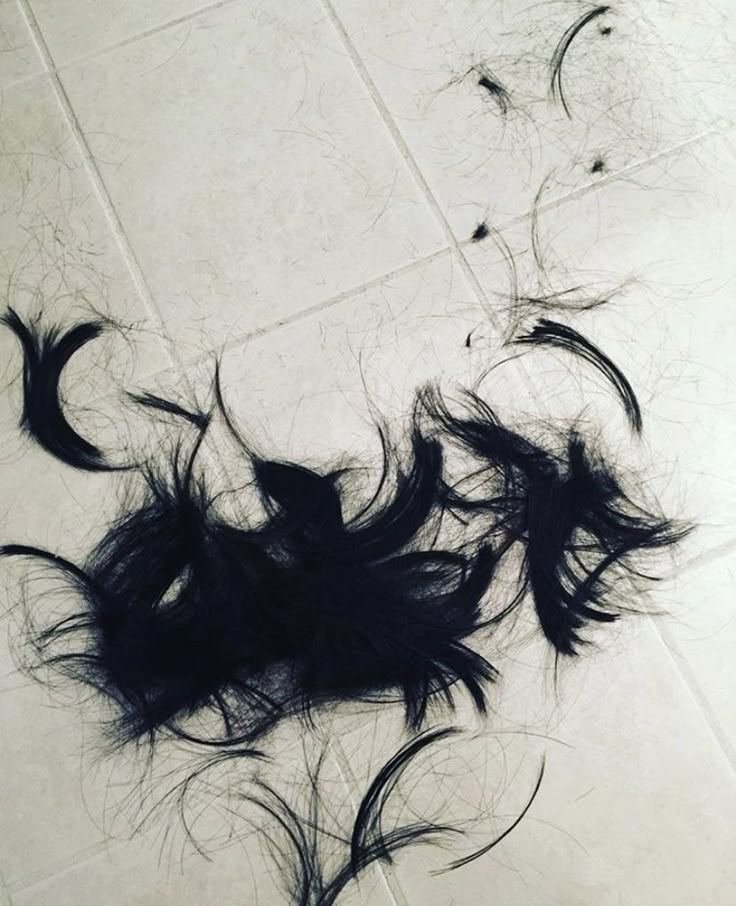Why Use a Leave-In Conditioner?
Why would you need to use a leave-in conditioner if you’ve already conditioned your hair? This is a great question! These are two different products with two different ingredients, so let’s talk about why your hair needs both.
Your hair goes through a lot—especially when it’s wet or being styled. Even though you’re nourishing your hair by using a regular conditioner, that conditioner gets rinsed away at the end of your shower. The reason for rinsing is that otherwise, your hair would become over-moisturized (and probably gooey). Traditional conditioners are meant to be washed out so that they don’t weaken your hair and make it brittle, dull, and prone to damage.
Let’s review what conditioners do in the first place. The main component of conditioner is what’s called cationic surfactants, like cetyl alcohol. These ingredients are attracted to the slightly negative charge of your wet hair, so they cling onto strands and make them slick, helping avoid tangles. But too much of this can lead to buildup on your hair, which will cause it to become lank and brittle (not what you want).
Essentially, rinse-out conditioners deposit major moisture onto your hair, but they’d be too heavy to leave in. So when you step out of the shower, your wet hair is still vulnerable.
Leave-in conditioners are lighter formulations typically made with oils or humectants, like glycerin, to help detangle, repair damage, protect hair, and prevent moisture loss after you shower. A good leave-in conditioner will help keep your hair smooth without weighing it down. And because a no-rinse conditioner is more lightweight, it’s safe to leave it in your hair until your next shampoo.
So who should use a leave-in conditioner?
You might think it’s just for those with thick, unruly or very dry hair. But every hair type can benefit from a good leave-in conditioner. Wet hair is weaker, so it’s important to protect it as it dries. Our new Najeau Leave-In Conditioner helps repair existing damage while protecting strands from future damage thanks to hydrolyzed quinoa and green tea extract.
Even though leave-in conditioner is a plus for any hair type, you’ll definitely want to use some if you have hair that’s dry, damaged, fried, frizzy, color-treated, or prone to tangles.
So there you have it! Leave-in conditioner isn’t some marketing scam with the same ingredients as your regular conditioner, just packaged differently. The two have different functions and can be used as two steps in the same routine to protect, detangle, and nourish wet hair. While regular conditioner helps replenish your hair after your shampoo, leave-in conditioner is a lightweight, non-greasy treatment that heals damaged hair and prepares strands for drying and styling.



